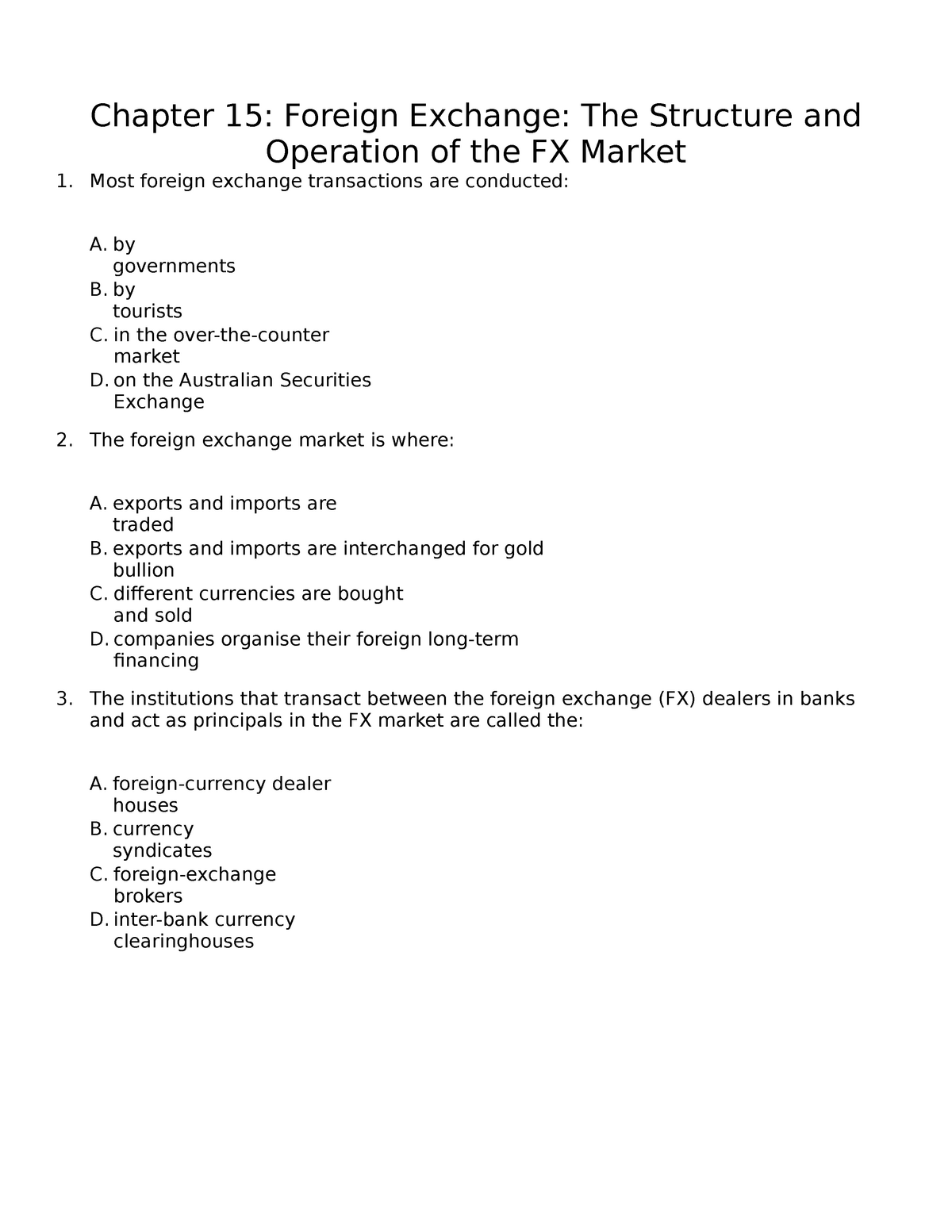
Investing in real property can be a great way to diversify and increase your wealth. You should be cautious before investing in real-estate. Fortunately, there are a few simple steps you can take to ensure you make a well-informed decision.
First, be aware that the real-estate investing market is extremely crowded. There are many investment options, each with its pros and cons. The key to investing right is to identify which type is best suited for your personal investment profile. This may involve putting your money in a real estate investment trust (REIT), or investing in a portfolio of residential and commercial properties. Another option is to use a loan or take a risk with private funds.

It is also worth considering the 2% rule. You could find a property below market that needs repairs and you might be able to make a winning deal. But, this rule is far too general to be a good indicator for your success. A real estate broker can help you find a better solution for your real-estate investment needs. A broker can help you find the perfect property and is an expert in the field of real estate.
It's a smart idea to meet other investors, especially in your area. Having a network of like-minded people can be the difference between being a success and a failure. Additionally, you can build relationships with industry professionals by attending local meetings and networking events. You will also learn about the best deals and opportunities in your area.
For decades, the realty investing industry was booming. Many online realty platforms allow real estate professionals to connect with investors. Some of the most popular platforms offer investors a range of options, while others cater to specific real estate development projects. Many of these platforms offer passive income to investors.
For the long-term, real estate has been widely considered one of the most profitable investments. This is due to the fact that homes typically appreciate in line with increasing consumer prices, although changes in the economy and other factors can have an impact on the value of a home. It is therefore a powerful diversifier.

Your personal risk profile is what makes real estate investing the best. The most successful strategies are those that invest in a wide range of real property assets, including residential and business properties. In order to diversify and grow your investment portfolio, you may consider investing in realty in addition to stocks and bonds. This is best done by identifying the right real estate investment for you and building a portfolio accordingly.
FAQ
What is a bond?
A bond agreement between two people where money is transferred to purchase goods or services. It is also known as a contract.
A bond is typically written on paper, signed by both parties. This document contains information such as date, amount owed and interest rate.
The bond is used for risks such as the possibility of a business failing or someone breaking a promise.
Sometimes bonds can be used with other types loans like mortgages. This means that the borrower will need to repay the loan along with any interest.
Bonds are used to raise capital for large-scale projects like hospitals, bridges, roads, etc.
A bond becomes due when it matures. This means that the bond owner gets the principal amount plus any interest.
Lenders lose their money if a bond is not paid back.
What is a REIT?
An entity called a real estate investment trust (REIT), is one that holds income-producing properties like apartment buildings, shopping centers and office buildings. They are publicly traded companies that pay dividends to shareholders instead of paying corporate taxes.
They are similar to corporations, except that they don't own goods or property.
What is a Stock Exchange and How Does It Work?
A stock exchange allows companies to sell shares of the company. This allows investors to buy into the company. The market determines the price of a share. It is typically determined by the willingness of people to pay for the shares.
Companies can also get money from investors via the stock exchange. To help companies grow, investors invest money. They do this by buying shares in the company. Companies use their money as capital to expand and fund their businesses.
Stock exchanges can offer many types of shares. Others are known as ordinary shares. These shares are the most widely traded. These are the most common type of shares. They can be purchased and sold on an open market. The prices of shares are determined by demand and supply.
There are also preferred shares and debt securities. Preferred shares are given priority over other shares when dividends are paid. The bonds issued by the company are called debt securities and must be repaid.
How do I choose a good investment company?
You want one that has competitive fees, good management, and a broad portfolio. The type of security in your account will determine the fees. Some companies don't charge fees to hold cash, while others charge a flat annual fee regardless of the amount that you deposit. Others charge a percentage based on your total assets.
You also need to know their performance history. Poor track records may mean that a company is not suitable for you. You want to avoid companies with low net asset value (NAV) and those with very volatile NAVs.
Finally, you need to check their investment philosophy. In order to get higher returns, an investment company must be willing to take more risks. If they're unwilling to take these risks, they might not be capable of meeting your expectations.
Statistics
- For instance, an individual or entity that owns 100,000 shares of a company with one million outstanding shares would have a 10% ownership stake. (investopedia.com)
- The S&P 500 has grown about 10.5% per year since its establishment in the 1920s. (investopedia.com)
- Our focus on Main Street investors reflects the fact that American households own $38 trillion worth of equities, more than 59 percent of the U.S. equity market either directly or indirectly through mutual funds, retirement accounts, and other investments. (sec.gov)
- "If all of your money's in one stock, you could potentially lose 50% of it overnight," Moore says. (nerdwallet.com)
External Links
How To
How to Trade on the Stock Market
Stock trading can be described as the buying and selling of stocks, bonds or commodities, currency, derivatives, or other assets. Trading is French for traiteur. This means that one buys and sellers. Traders sell and buy securities to make profit. This type of investment is the oldest.
There are many ways you can invest in the stock exchange. There are three main types of investing: active, passive, and hybrid. Passive investors do nothing except watch their investments grow while actively traded investors try to pick winning companies and profit from them. Hybrids combine the best of both approaches.
Passive investing is done through index funds that track broad indices like the S&P 500 or Dow Jones Industrial Average, etc. This is a popular way to diversify your portfolio without taking on any risk. All you have to do is relax and let your investments take care of themselves.
Active investing is about picking specific companies to analyze their performance. The factors that active investors consider include earnings growth, return of equity, debt ratios and P/E ratios, cash flow, book values, dividend payout, management, share price history, and more. They will then decide whether or no to buy shares in the company. If they feel that the company is undervalued, they will buy shares and hope that the price goes up. If they feel the company is undervalued, they'll wait for the price to drop before buying stock.
Hybrid investing combines some aspects of both passive and active investing. You might choose a fund that tracks multiple stocks but also wish to pick several companies. You would then put a portion of your portfolio in a passively managed fund, and another part in a group of actively managed funds.